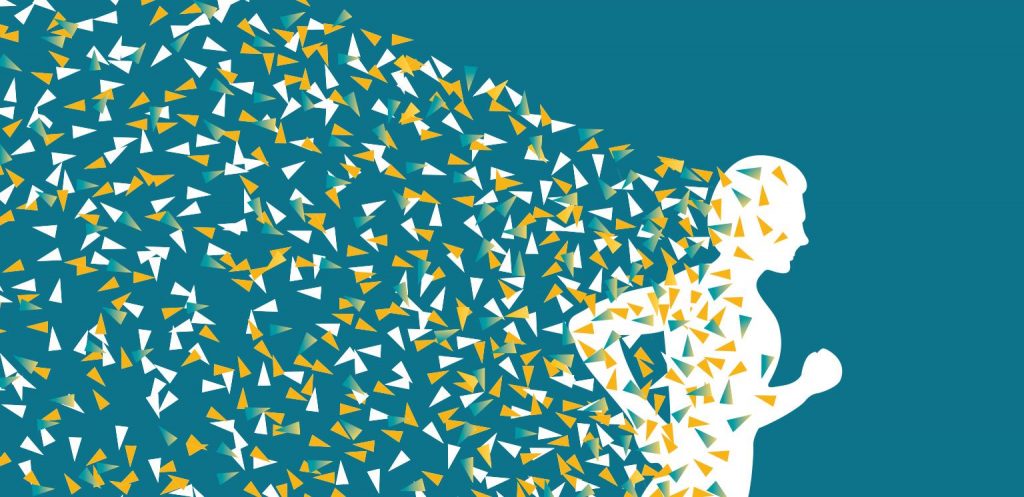
New Year’s Resolutions.
40% 0f Americans make them. (1)
By the first week in February, 80 % of the resolutions have fallen by the wayside.(2)
Lose weight.
Go to the gym.
Be nicer.
Manage our time better.
These are resolutions that require a change in outlook, attitude and behavior.
Most behavioral changes take a minimum of 21 days to catch on.
Most exercise programs do not even begin to reveal a noticeable physical difference in less than 6-8 weeks. (3)
And for most of us, by then, it’s back to eating cookies and watching the mindless programs on tv that we swore we’d give up in favor of kale chips and Madame Bovary.
Now, I’m all into mindless tv. It can be a stress reducer, to just veg out. And as much as I love kale (and I do), there is nothing like an Oreo and a glass of cold milk.
But.
You’ve got to really want it. The change, the alteration, the make-over.
In a recent New York Times article, I read that making resolutions and toughing them out using sheer willpower can actually be detrimental to our health. (4)
Steeling our way to a better self can actually work against us. The article, instead, commends the cultivation of compassion, gratitude and pride as personal qualities that can guide us towards success. These qualities also draw others to us and form community, another source of support that aids in reaching our goals.
Reach out to others around us to help others, with compassion, reflecting gratitude, and in community. It sounds downright Christian.
On Christmas Eve, I invited the people in the cathedral pews to imagine what it is that they need/want/ache or yearn for. Not in a “package-under-the-tree” kind-of-way, but in a fulfillment way. What do they need/want/ache or yearn to have that would affect their healing, their wholeness, and yield a closer walk with God and unity? You see, we, in the church, are in the business of transformation. It goes a heckuva lot deeper than whittling a few inches off our waistlines or keeping a neater desk. It is about redemption and grace and being open enough to God’s mercy that we can ask for and receive the divine assistance that God alone can offer. That comes from God and, often, involves our own hard work, as we do the work of receiving the gift of transformation. It is a co-creative effort.
Now.
Waistlines are important. Smaller ones generally point to better health, fewer incidents of heart disease, diabetes, stroke. (5) There is a direct correlation. And so I’m all for getting healthy.
And, of course, there are other illness and dis-eases that take an enormous toll and require the tremendous effort of all of those “helping agents”- willpower, community, grace, mercy and prayer- to effect transformation. In this case, I am talking about addiction.
The opioid addiction in our country is rampant. So is alcoholism, other drug addiction, sex addiction, overeating, gambling and other activities that can threaten our lives. Many of these dis-eases have support groups and proven methods of recovery that are healing and community based.
In these recent days, our Church is reaching out to assist in the opioid crisis.
There is a Province III Task Force that is underway with representation from our diocese. And coming up on January 27th, Stacey Catigano, a postulant in our diocese for the diaconate and Archdeacon Jane Miron will be hosting an event at St. Thomas’ Episcopal Church in Lancaster, to continue the conversation about how the opioid crisis is affecting us in Central Pennsylvania. In a recent conversation with Stacey, she made the point that the opioid crisis is not confined to urban centers: “this addiction makes its way across cornfields and into our (rural communities) and homes.”
Please consider attending the workshop on Saturday, Jan 27th at St. Thomas. More information will be available next week on our diocesan website. Explore the Province III website (www.province3.org) to learn about the work at that regional level.
A prayer from the Book of Common Prayer:
May God the Father bless you, God the Son heal you, God the Holy Spirit give you strength. May God the holy and undivided Trinity guard your body, save your soul, and bring you safely to his heavenly country; where he lives and reigns for ever and ever. Amen. (BCP p.460)
(1) https://www.forbes.com/forbes/welcome/?toURL=https://www.forbes.com/sites/dandiamond/2013/01/01/just-8-of-people-achieve-their-new-years-resolutions-heres-how-they-did-it/&refURL=https://www.google.com/&referrer=https://www.google.com/
(2) http://www.businessinsider.com/new-years-resolutions-courses-2016-12/#exercise-more-often-1
(5) https://www.health.harvard.edu/staying-healthy/abdominal-obesity-and-your-health

Thank you. This makes me feel better about my inertia during these colder-than-cold days when I just want to veg. Reading helps…when I’m warm enough to do so and to absorb what I read. Confession, though. Even “worthwhile” reading doesn’t cut it. I can’t concentrate. I’m with you on the mindless TV – for now…
Hi Nanette- The whole “cabin fever”-thing is, in itself, a phenomenon worth discussing, as it can really dampen the spirits and souls of those who are affected by long periods of cold weather, difficult traveling, shortened hours of sunlight. I think that we each need to find the right “mix” of what works for us to keep us spiritually, physically and emotionally healthy during the different seasons of the year. There are winter days when being cozy in front of the fire with a good book is the ticket.. and other times when a short, brisk walk in the frigid, bright outdoors does the trick. As for mindless tv, it is one way that I prepare to take my rest at night- not every night, but allowing myself to be transported (recently I watched Season 2 of The Crown) is a great way for me to slow down. Books? I’m a morning reader.